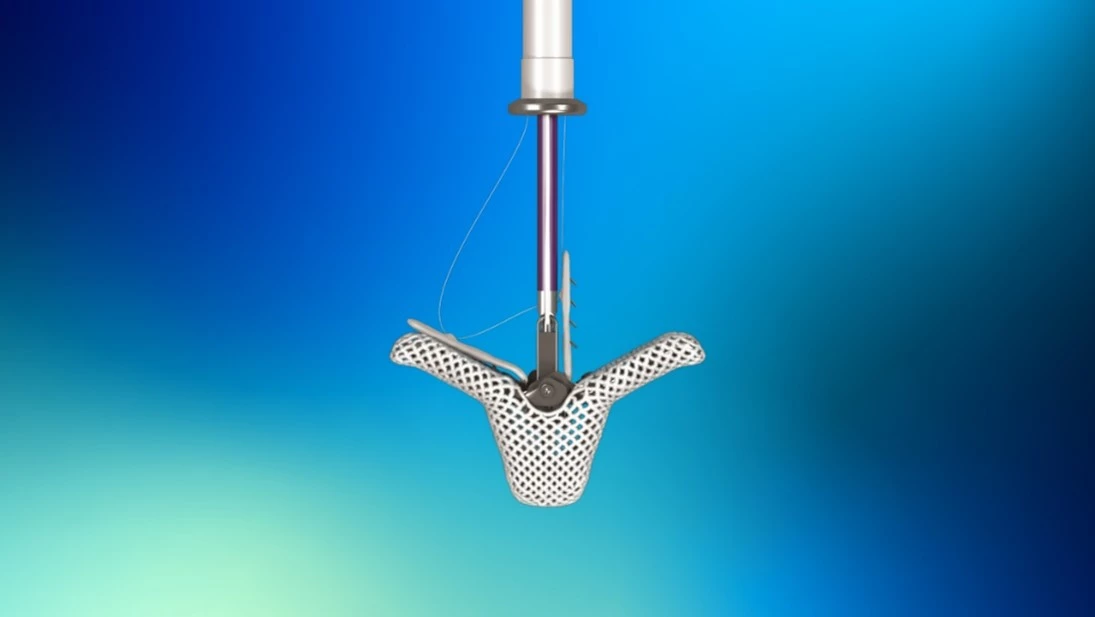
The Structural Heart Center team at Georgia Heart Institute, led by Ronnie Ramadan, MD, FACC, FSCAI and Ansleigh Setzer, ACNP, is proud to add the Abbott TriClip™ transcatheter edge-to-edge (TEER) system to its list of services for patients with tricuspid regurgitation (TR). This milestone performed on May 14, 2024 was not only a first for Northeast Georgia Health System (NGHS), but it also makes Georgia Heart Institute the first non-trial site in the U.S. to do a commercial TriClip™ procedure.
The Structural Heart Center at Georgia Heart Institute was established in early 2022, providing care to patients with complex structural heart diseases and specialized treatments. Treatment options include transcatheter aortic valve replacement/ transcatheter mitral valve replacement (TAVR/TMVR), atrial septal defect/patent foramen ovale (ASD/PFO) closures, left atrial appendage closures (LAAC), and bioprosthetic aortic scallop intentional laceration to prevent Iatrogenic coronary artery obstruction (BASILICA).
“It’s exciting to track the growth of our Structural Heart program since its inception,” said Ramadan. “The entire field of cardiology, its technology, and advanced devices are developing at such a rapid pace that it’s encouraging to know we can keep up with the new techniques and treatments that are becoming available, truly delivering cutting-edge therapies to our patients.”
The tricuspid valve controls blood as it flows from the heart's right atrium to the right ventricle. When the flaps on the tricuspid valve don’t close properly, this creates a “leaky valve” and causes a backflow of blood within the heart. TR forces the heart to overwork, leading to complicated symptoms such as fatigue and shortness of breath. Untreated, TR can lead to serious heart problems such as atrial fibrillation, heart failure, and ultimately, death. For those who continue to have symptoms or persistent TR despite treatment with medical therapy and are not considered good candidates for surgery, TriClip™ provides a minimally invasive option that can improve a person's quality of life.
If you are a clinician who needs to refer a patient with a structural heart condition, please contact our Structural Heart Center directly at 770-525-6798.
Our specialized program coordinator can answer any questions you have about our program and help schedule your patient to see one of our board-certified structural heart specialists.